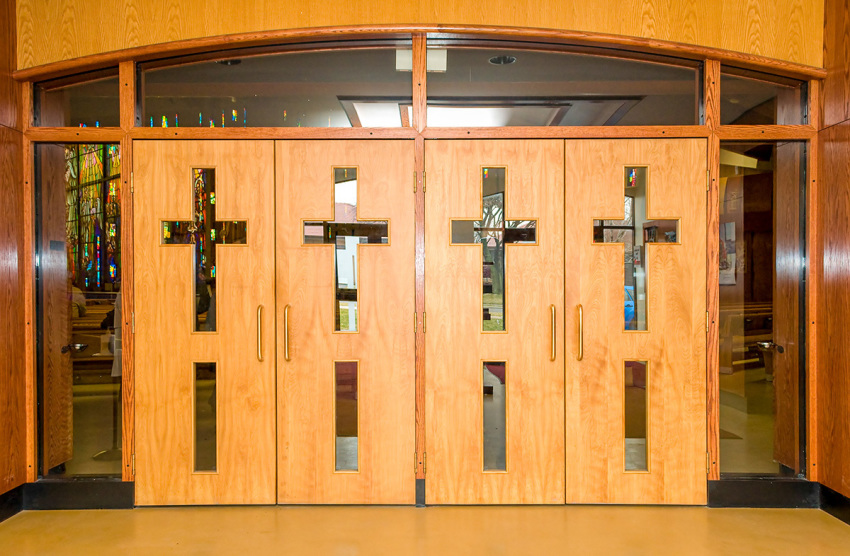A third of Americans have stopped going to church: survey

A new study on how the COVID-19 pandemic lockdowns impacted church attendance in the United States has found that roughly one in three Americans now say they've stopped attending religious services.
The pandemic lockdowns disrupted religious participation for millions of Americans, notes the study, titled “Faith After the Pandemic: How COVID-19 Changed American Religion,” conducted by the Survey on American Life, a project of the American Enterprise Institute.
In the summer of 2020, only 13% of Americans reported attending in-person worship services, which increased to 27% by the spring of 2022, but the rates of worship attendance were still lower than they were before the pandemic and subsequent lockdowns, it adds.
In the spring of 2022, 33% of Americans reported they never attend religious services, compared to 25% who reported this before the pandemic, as per the survey, which clarifies that only a few among the most religiously engaged Americans are part of that group.
The largest declines in attendance were seen among adults younger than 50, adults with a college degree or less, Hispanic Catholics, black Protestants, and white mainline Protestants, it explains.
However, the largest increases in attendance during these two periods were seen among adults aged 30–49, adults with less than a college degree, and black Protestants.
Conservatives, adults age 50 and older, women, married adults, and those with a college degree were more likely to attend than were other groups in both periods.
“Much of this decline in attendance was due to people completely abstaining from worship,” the survey says.
Nationally, religious identity among American adults stayed largely consistent during the pandemic, with minimal evidence of religious switching during this period, the study adds.
While 19% of adults changed their religious identification during the pandemic, including 6% who were unaffiliated pre-pandemic but reported a religious identity in spring 2022, 5% who reported a religion pre-pandemic were unaffiliated in spring 2022.
Last August’s edition of the "State of the Bible: USA 2022” report from the American Bible Society found that 40% of Generation Z adults ages 18 and older attended church "primarily online." They were followed closely by 36% of churchgoers ages 77 and older.
However, the report suggested that among Gen Z and millennials who had made a meaningful commitment to Jesus, about 66% did not attend church either in person or online at least once a month.
Last November, Lifeway Research released the results of a phone survey of 1,000 Protestant pastors conducted from Sept. 6 through Sept. 30, 2022, which showed while churches were resuming the majority of their in-person services, on average, attendance at their churches in August 2022 was 85% of their Sunday attendance levels in January 2020.
Still, those attendance levels marked the highest in over two years.
The average church reported 63% of its pre-pandemic in-person attendance in September 2020. By August 2021, that number climbed to 73% and jumped another 12 points in 2022, according to the study.
"While there are a handful of exceptions, we can definitively say that churches in the U.S. have reopened," Lifeway Research Executive Director Scott McConnell said in a statement at the time. "While masks began to rapidly disappear in many settings in 2022, churchgoers have not reappeared quite as fast."
Last March, Pew Research Center released a report showing that the percentage of Americans who said they had attended religious services in the previous month had leveled off as more churches and houses of worship had lifted various COVID-19 meeting restrictions and safety precautions.
Sam Rainer, president of Church Answers and pastor at West Bradenton Baptist Church in Florida, told The Christian Post at the time that he believed “there are times and there are seasons in the life of the church where a plateau is not a bad place to be.”
“If you are holding your own with attendance right now, if you are stable in attendance, I view that as a victory because it’s been harder to draw new people in during this season,” Rainer said.



























